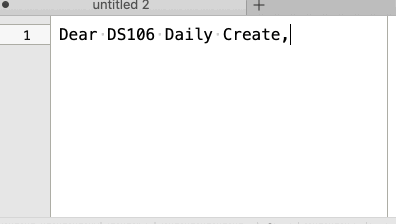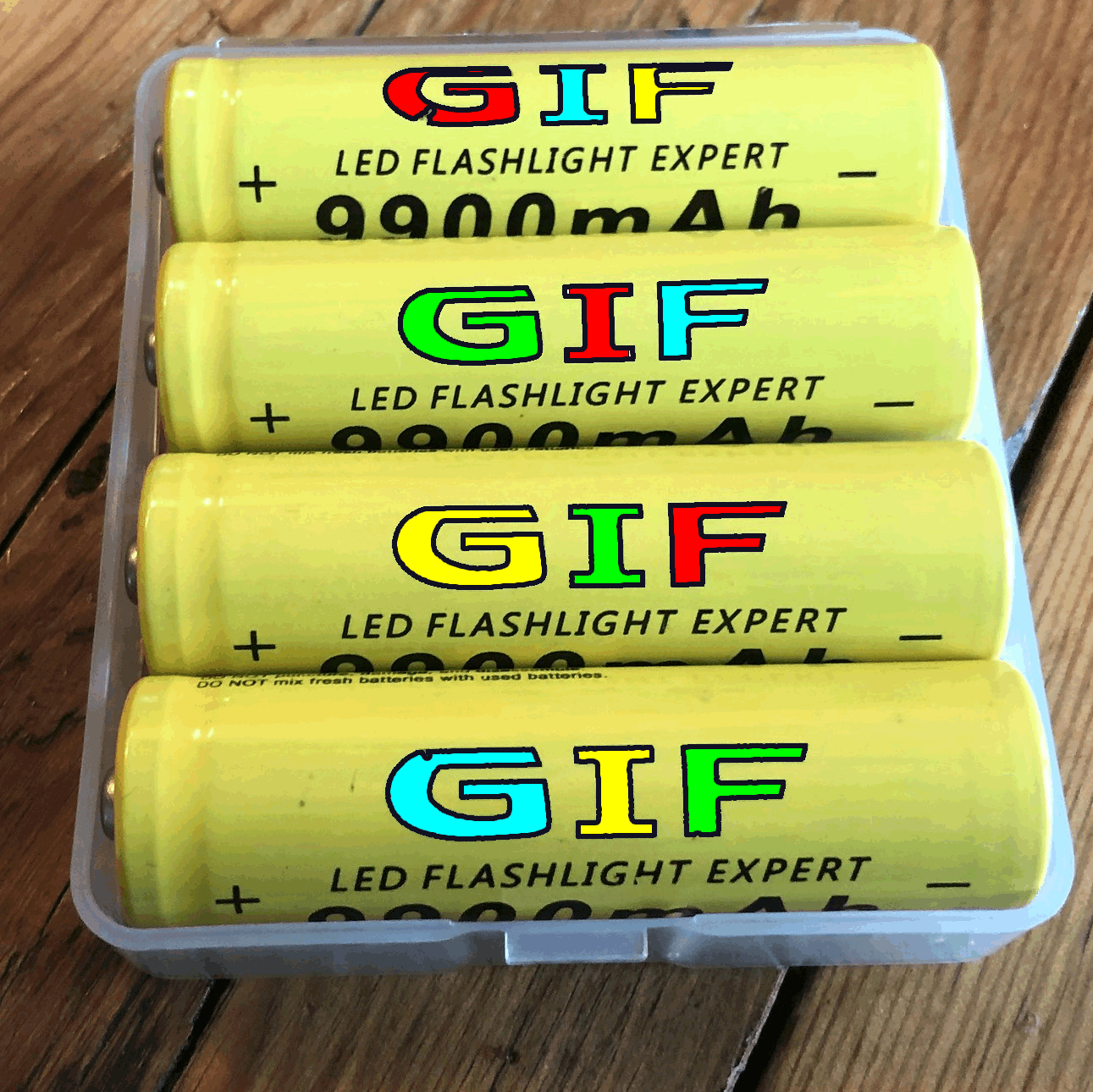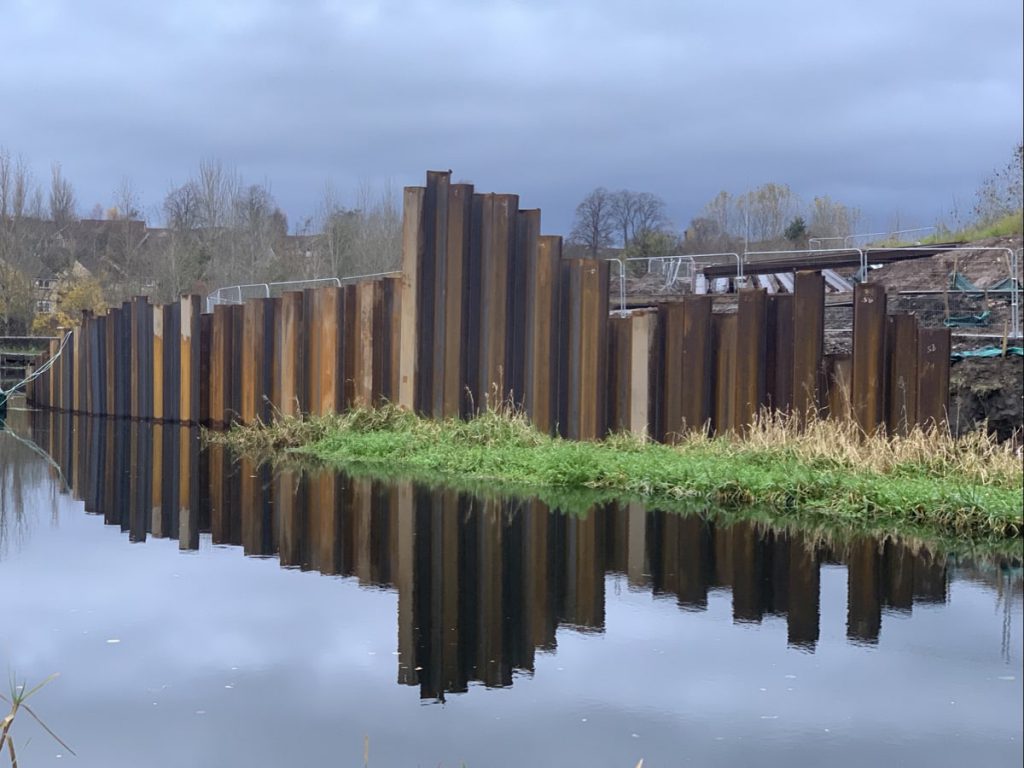Along with avoiding @ewanmcintosh’s “keynote-speaker-sponsor-driven” & keeping to
@magsamond’s “non-hierarchical, open, peer-to-peer” I think early #teachmeet principals of everyone being willing to participate & serendipity of random were interesting ways to change dynamics.
The Wayback Machine is storing more than 475 billion webpages!
I just sent them some change: Donate to the Internet Archive!.
Bribing children is so tempting. What they want, especially when they're young, is sometimes so cheap, so easy to acquire, that the temptati...
Found via @dgilmour.
50 years ago, Edward Deci gave different groups of students a Soma cube puzzle to solve. Some were paid to take part, others weren’t. When he announced that the time was up, the students that were paid to work on the task just put the cube down and walked away.
David’s tweet also lead to
Comments on ClassDojo controversy and Killer Apps for the Classroom? by Ben Williamson
I’ve never been a great one for points and the like in class, mostly due to my inability to be consistent enough in their use and unexamined distaste.
There are echos in the Doing Data Differently project. I’ve been listening to some of the colloquium videos and finding them though provoking.
Hi Alan,
Thanks for this. Earlier in the year when schools were closed here I was racking what is left of my memory for a piece of freeware I used to use (perhaps pre osx) that did a little of this, system extension maybe.. I think I used it with Marritech…
OSB looks marvellous I’ll certainly try it if we go back into school closures here.
And your side rant nails it!
 Dear DS106 Daily Create,
Dear DS106 Daily Create,
I type mostly in TextMate, the font is Menio Regular 16. I had to check that. I Do not think I’ve ever spent much time thinking about fonts.
I spend more time thinking about gifs.
#tdc3231 #ds106
I saw this in @cogdog‘s flickr photo stream d/l to gif but got busy. #tdc3230 #ds106

Doing Data Differently – Virtual Launch
Wednesday evening I hurried home after school to join the zoom meeting for the launch of the Virtual exhibition Doing Data Differently.
In the current climate, discussions about data in schools are usually linked to pupil attainment, data are represented using charts and graphs, and teachers rarely initiate data collection themselves or use it for their own purposes. The widespread use of attainment data in schools has been widely criticised for its impact on the curriculum, on teaching and learning, and on teacher and pupil wellbeing.
I’d heard of the project from Ian Guest, @IaninSheffield, an academic working on the project and an online pal. Ian did interesting work on teachers use of twitter. We talked to him about this and many other things on Radio EduTalk. Ian took a rather individual approach to gathering data during his phd.
The virtual launch was a great taster for the Doing Data Differently site or exhibition. If the idea of data in education is unattractive this will change your mind. The recording of data was done on postcards in very creative ways. A quick scroll down the Metaphors, for example, collection gives you different view of “data”.
I was particularly interested in was the amount of discussion and excitement generated by the postcards. One mention returning to change something in her class immediately. Perhaps I heard someone saying that the project vaccinated them against data. An interesting idea.
I felt that these postcards gathered more complex, subtle, less easily simplified data. This could be approached conversationally as opposed to mathematically.
The project is continued in a colloquium on vimeo. I’ve listened to the first, thanks huffduffer, Data harms and inequalities and queued up a couple more. The first was an interesting discussion of data misuse, bias, and bad algorithms. I am guessing that the videos are more academic than the postcards and should compliment thinking about data use in education in the round.
There is a lot more for me to read and think about on the site. It is facinating seeing an unusual view of other teachers practise.
Post Kinds: Read problem

I use the post kinds on this blog. I set different post kind for different types of post. One of the kinds I use is Read for books I’ve read. There is a section to site the books, author, link ect in the “Response Properties” section of the post editor. I use this for replies, bookmarks and other kinds but not for book. I am wondering how to have these show up without the empty quote and other empty brackets (). I can hid them with css but then they show in the rss feed and in micro.blog. I also use the read kind for some articles so want the cite section there.
I could change the 90 odd post to a different kind, but don’t want to go through them all one by one.
Read: Shadowplay by Joseph O’Connor
Read: Shadowplay by Joseph O’Connor ★★★★☆ lots of fun with the life of Bram Stoker. Told through fragments of notes, letters and memories. Some nice opacity, hints and the odd ghost.

